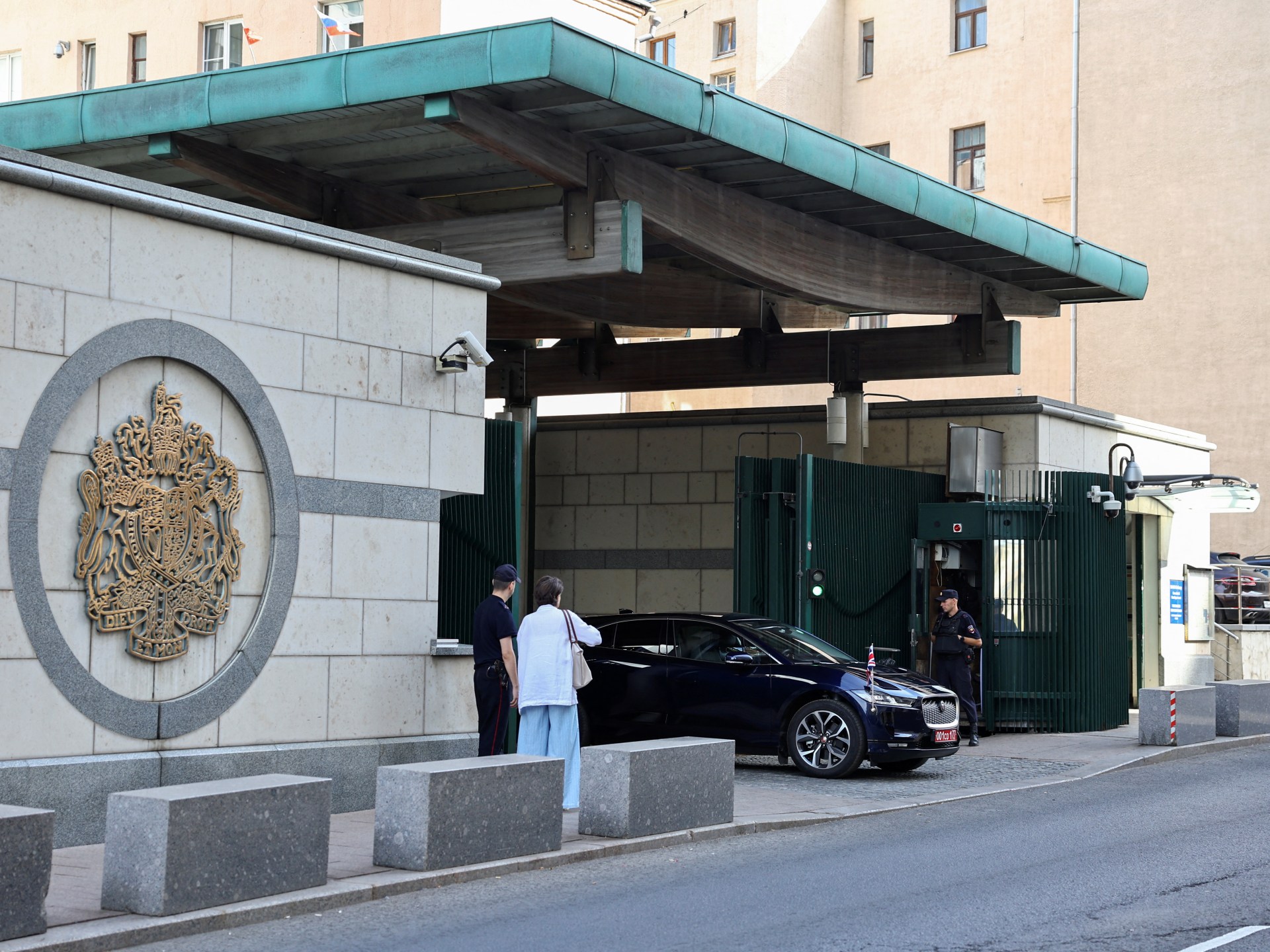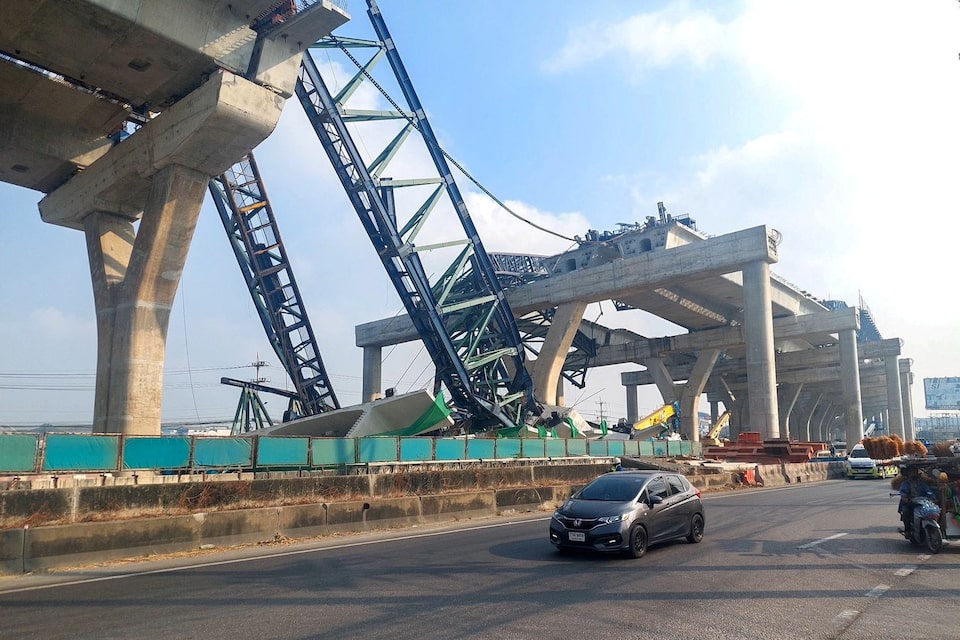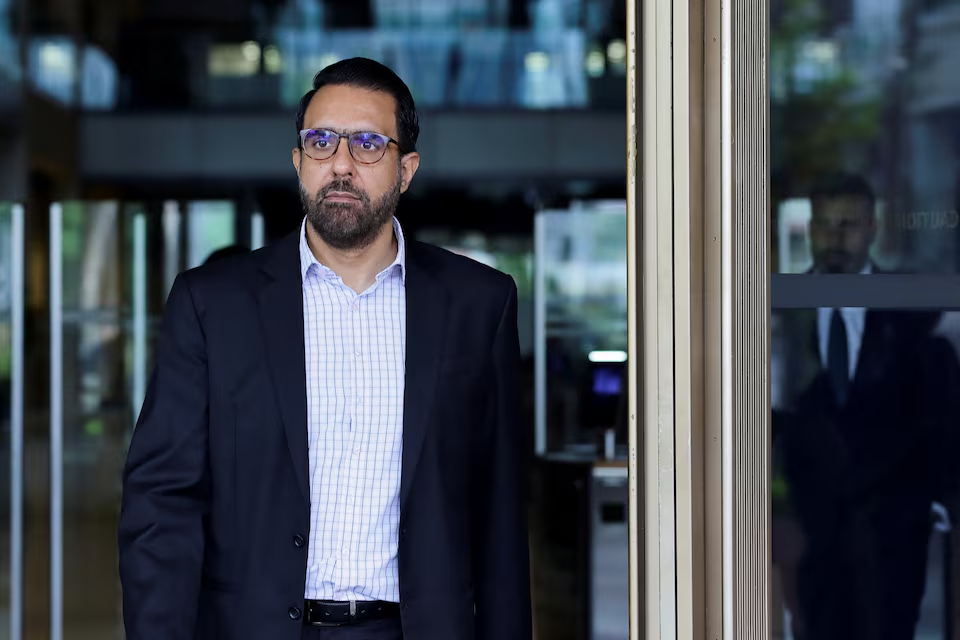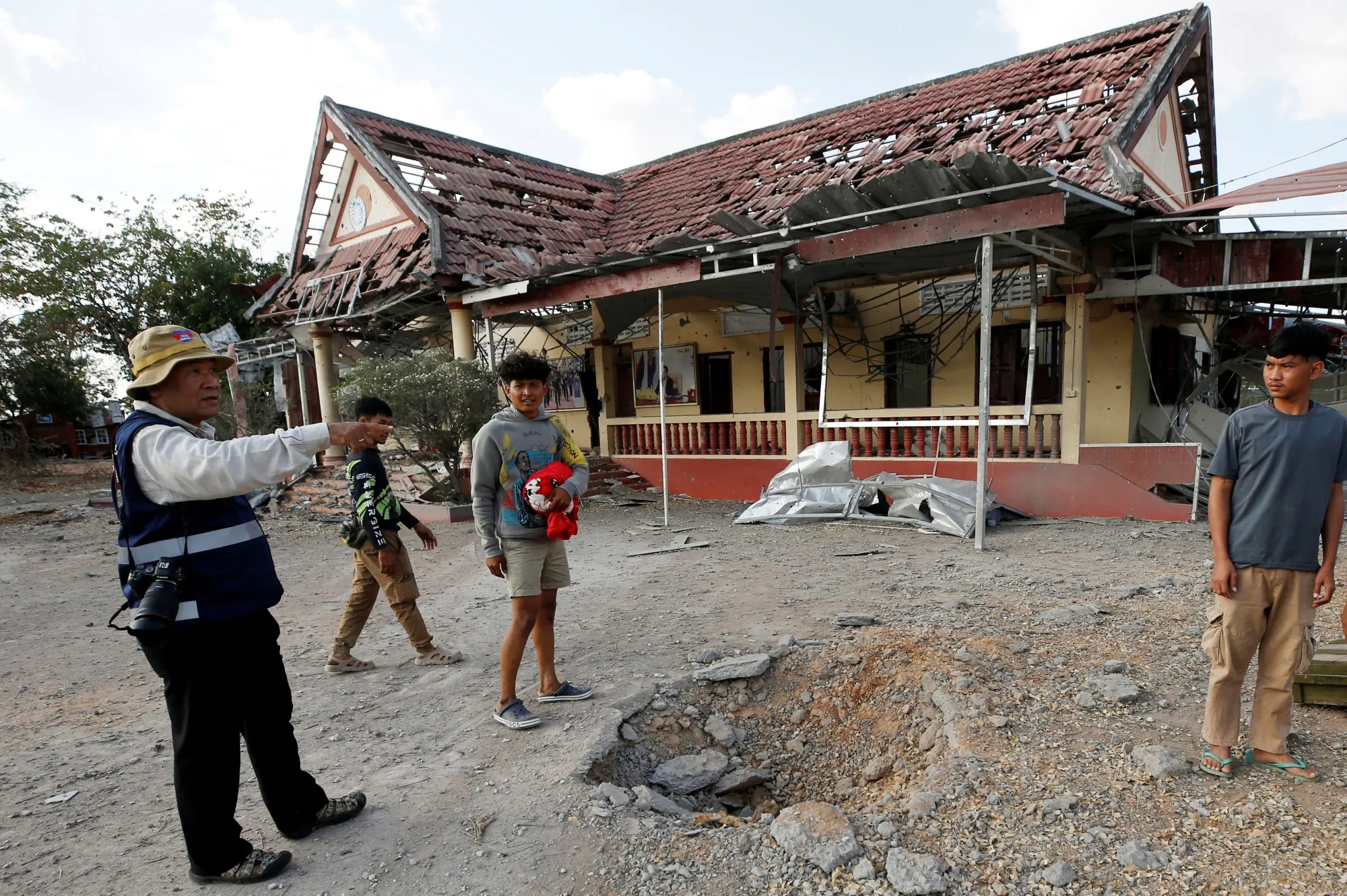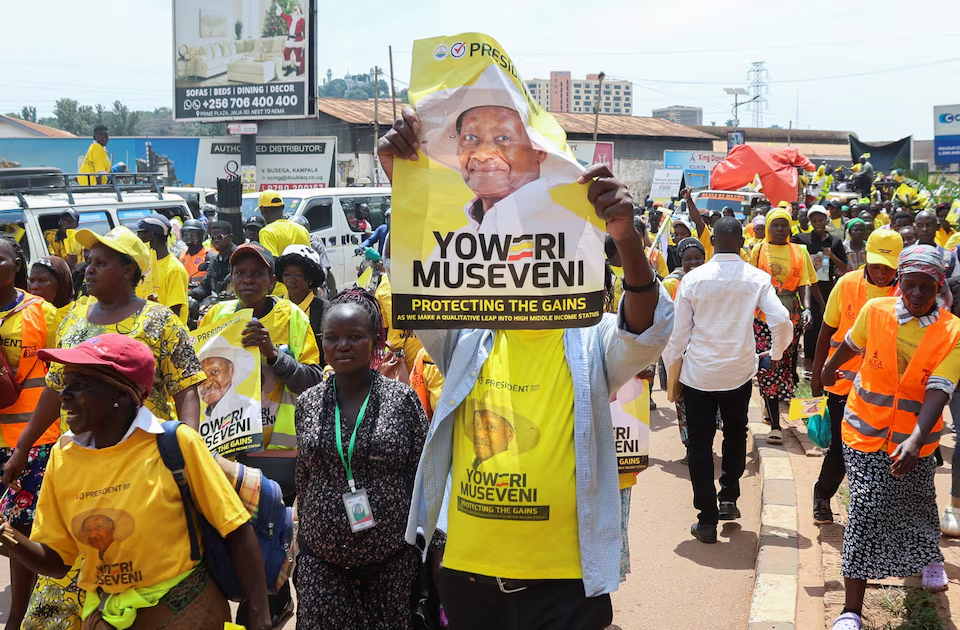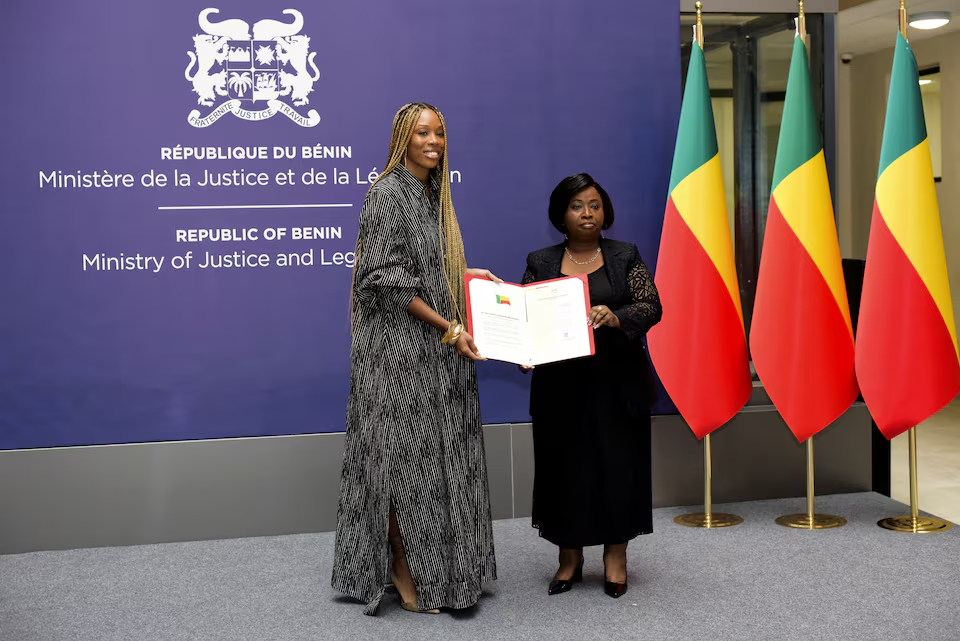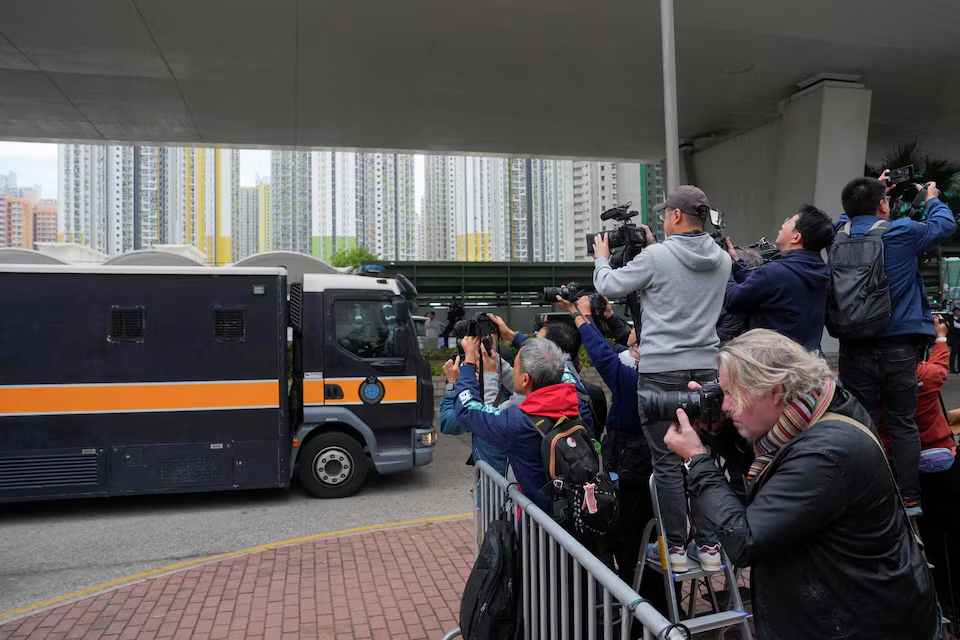In the heart of southern Syria, the Druze community of Sweida has found itself at the center of a deadly confrontation with the Damascus government, driven by demands for self-determination and survival.
“The people of Sweida feel betrayed and abandoned by the majority of Syrians at the worst time in our history,” one resident told reporters anonymously, citing fear for his family’s safety. He called on Syrians to reject sectarianism and to resist the government’s grip, insisting that the Druze will never accept extremist figures or groups like Hay’at Tahrir al-Sham (HTS).
The violence that swept through Sweida in mid-July was one of the deadliest episodes the province has faced in years. According to the Syrian Observatory for Human Rights (SOHR), at least 1,635 people were killed between July 13 and 20, when the attacks were at their peak. Among the victims were U.S. and French citizens, as well as 20 medical workers summarily executed at Sweida National Hospital.
The United Nations estimates that 160,000 people remain displaced from their homes, while 80 Druze women abducted during the violence are still unaccounted for.
Read Also: Rubio To Visit Israel Amid Middle East Tensions
Druze leaders and organizations in Syria and abroad are clear about who they believe orchestrated the bloodshed. Druze Nexus, a U.S.-based advocacy group, directly accused Syrian Army divisions under the Defense Ministry and General Security units under the Interior Ministry of facilitating and participating in killings, mass displacement, and destruction.
Official Syrian state media, however, has sought to frame the events as a local conflict between Druze and Bedouin groups, claiming that government forces acted only to restore order. But witness testimony, video evidence, and independent reports point to systematic involvement by Damascus-aligned forces.
While the violence has quieted in recent weeks, tensions remain high, and observers warn it is likely only a pause before renewed conflict. For the Druze of Sweida, the fight is not just about politics but about survival — and their determination to chart a future free from both government repression and extremist threats.


